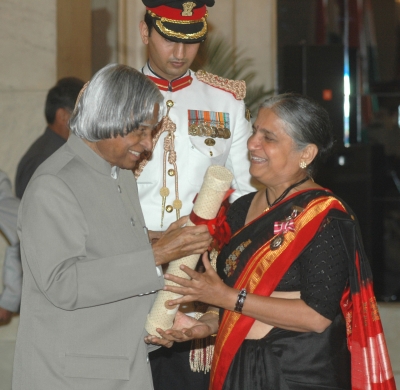
Yes, Kanak Saha is a famous Indian astrophysicist and he did receive the Shanti Swarup Bhatnagar Prize.
Do you know what Kanak Saha and his team discovered? They found that a galaxy which is 9.3 billion light years away from the Earth was emitting ultra violet light! His team used AstroSat, India’s first multi-wavelength satellite to observe this galaxy. It took them two years to analyze the data and to verify it.
This is an important clue to the origins of the universe, its dark ages and how light originated.
Kanak Saha was born on 04 February 1977 in Cooch Behar, West Bengal. He graduated in Physics from the Scottish Church College in 1998. For Masters, he went to Banaras Hindu University and completed his Ph.D from the Indian Institute of Science in 2008.
He is now working as associate professor of astrophysics at Inter-University Centre for Astronomy and Astrophysics, Pune. He studies the dynamics of galaxies using cluster computer simulation.
He received the Shanti Swarup Bhatnagar Prize for Science and Technology in 2021.
Picture credit: Google





